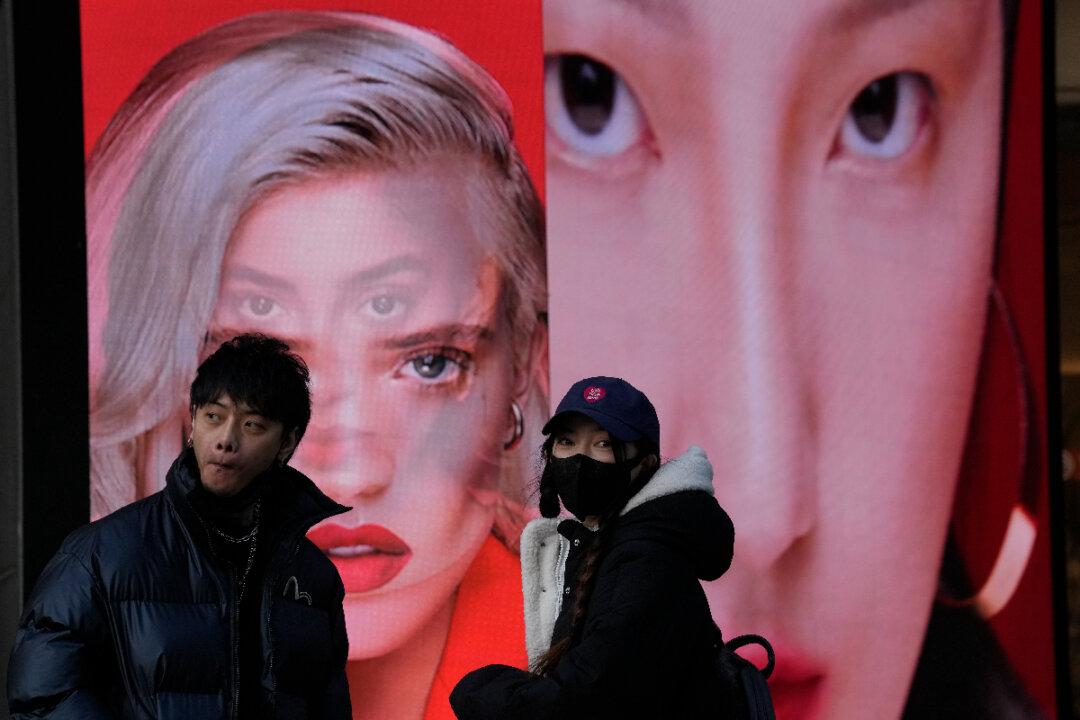German automaker Mercedes-Benz provoked anger in China for using a model with “slanted eyes” in a video advertisement.
The Asian-looking female model, featuring small, slanted eyes and high cheekbones, drew criticism from nationalistic Chinese netizens upon its release via Chinese social media platform Weibo on Dec. 25.




